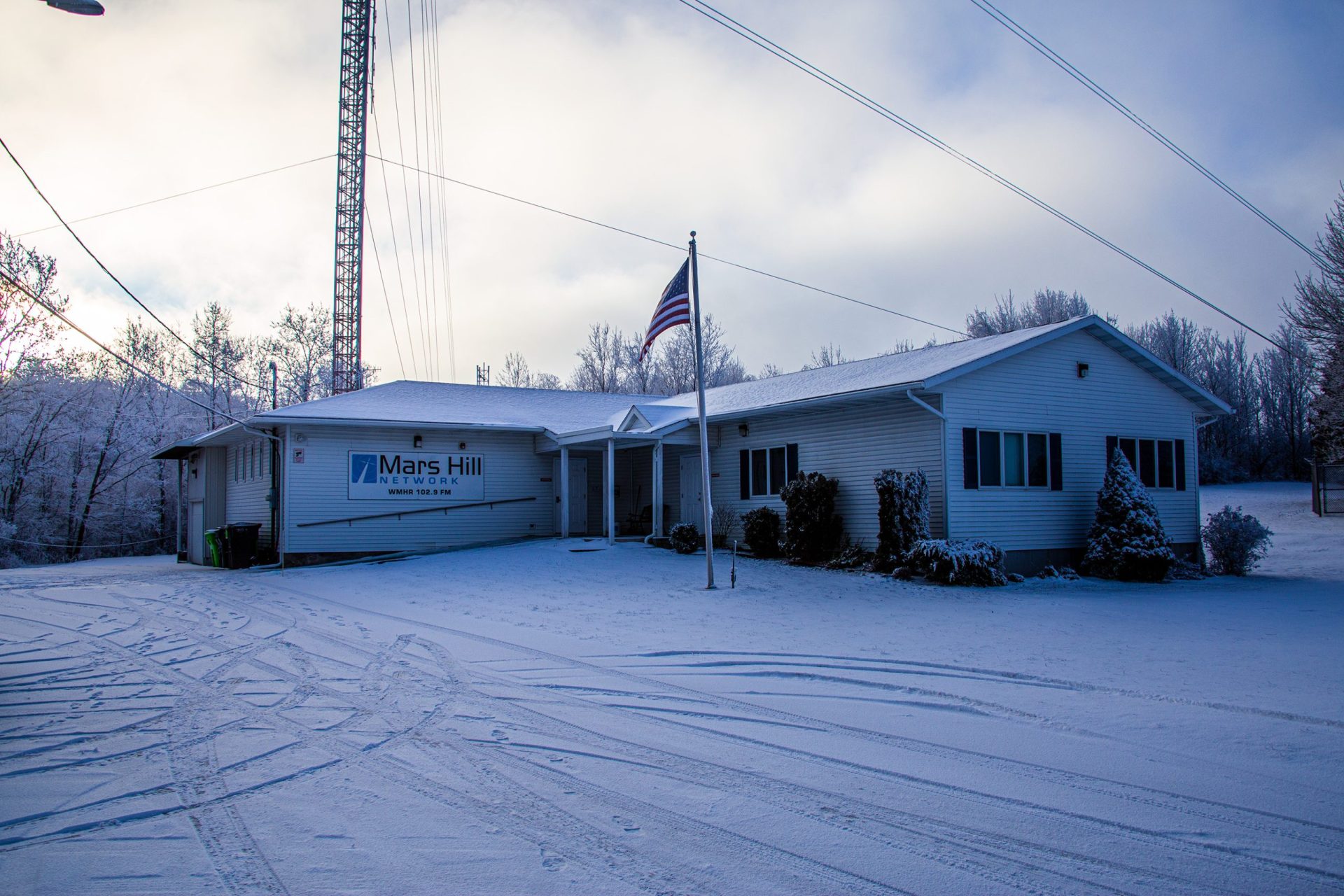The Media Line: Young Lebanese Armenians Fight To Preserve Their Historic Identity
Written by on August 28, 2023
Young Lebanese Armenians Fight To Preserve Their Historic Identity
Survivors of the 1915-1916 Armenian genocide settled in Beirut and have grown into a community of 156,000. Their young people are working to preserve the unique dialect of their historical homeland, Western Armenia, now part of Turkey
By Andrea López-Tomàs/The Media Line
Multicultural Lebanon has many communities, especially in the capital, Beirut.
Wanderers who cross the city’s northeastern bridges enter a different world. Signs change from Arabic to Armenian, and the Armenian flag flies alongside the Lebanese one in front of government buildings. Gold jewelry stores line the streets, many named after cities in what was once Western Armenia, the Armenians’ historical home, now part of eastern Turkey.
A century ago, survivors of the 1915-1916 Armenian genocide arrived in Beirut with little but their trauma. They were initially quarantined for 40 days in the northeastern Karantina neighborhood, next to the port, before being permitted to establish homes along the nearby Beirut River.
The center of the Armenian diaspora is the northeastern Beirut suburb of Bourj Hammoud, Armenian-Lebanese analyst Yeghia Tashjian told The Media Line. This remains true even though more ethnic Armenians live in Glendale, California, than in Lebanon.
According to Minority Rights Group International, 156,000 people of Armenian Christian origin live in Lebanon today, roughly 3% of the country’s population.
Lebanon was the first Middle Eastern country, and the first in the Arab League, to recognize the Armenian genocide, which took place in the last years of the Ottoman Empire.
In the Armenian genocide, Ottoman forces killed an estimated 660,000 to 1.2 million Armenians, either directly in massacres or by forced marches into the desert. Up to 200,000 Armenian women and children were also forcibly converted to Islam and placed in Muslim households. The attacks ended more than 2,000 years of Armenian civilization in what was then Western Armenia, now Eastern Anatolia in Turkey. Over 30 countries have recognized the events as genocide.
In 2000, the Lebanese parliament voted to commemorate the genocide’s anniversary, and since then, the country has honored Armenia’s victims each year on April 24.
Young Lebanese Armenians now meet regularly at the Zavarian Student Association, in the center of Bourj Hammoud. The association is named after pre-genocide Armenian political leader and co-founder of the Armenian Revolutionary Federation Simon Zavarian, who together with eight other scholars established a student association at the American University of Beirut in 1904.
“In Lebanon, we don’t feel 100% Lebanese, but in Armenia, we don’t feel Armenian,” said a group member identified only as Zaven.
Zaven and his friends are concerned with preserving the Western Armenian language.
“We are losing it because only the diaspora uses this form of Armenian,” he said, adding that those living in what is now Armenia speak the Eastern Armenian dialect.
“The Armenian community is very institutionalized,” said another member, Tahjian. “Schools, cultural and political centers are very important” in helping Lebanese Armenians remain attached to their national identity, he said.
Beirut is home to the first and only Armenian university outside Armenia. Haigazian University was established in the 1950s by the Union of Armenian Evangelical Churches in the Near East and by the Armenian Missionary Association of America.
“The churches played an important role in building Western Armenian identity here in Lebanon, and this has continued,” Tahjian said.
“Though we are Christians, others see us as a bridge between Muslims and Christians in Lebanon.”
Lebanon’s Armenian community remained largely neutral during the Lebanon civil war of 1975 to 1990, focusing on protecting Armenian homes and neighborhoods and not fighting others.
Lebanon’s Armenian community has six guaranteed seats in the Lebanese parliament and one ministerial position in government. Five of those six seats are allocated to the Armenian Orthodox community and one to Armenian Catholics.
Armenians in Lebanon have been deeply impacted by the country’s current economic crisis, with its falling currency, soaring inflation, and high unemployment, all of which have led to a thriving black market.
“The financial crisis, corruption, and sometimes discrimination against Armenians has pushed many to detach themselves” from the country, Tashjian said.
Although no official data exists, Lebanese Armenians in Bourj Hammoud say many Armenians have left the country.
However, the Zavarian Student Association youngsters do not want to leave. Despite the lack of electricity, widespread poverty, and political dysfunction, Lebanon is their home.
“We would have to learn a new language [if we moved to Armenia], and we would feel very far away from what we have always known,” Zaven said.
Brought to you by www.srnnews.com




